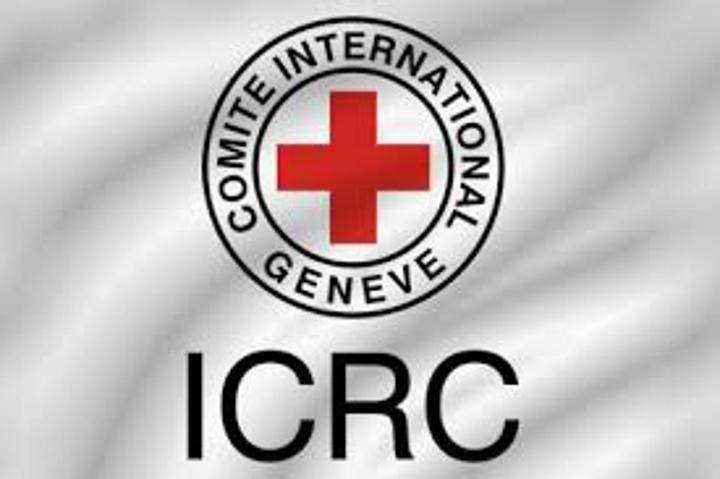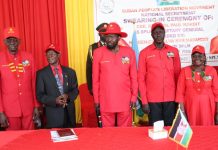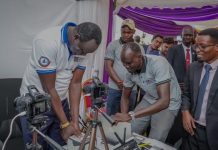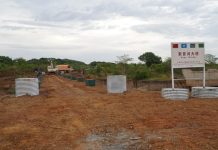Africa-Press – South-Sudan. The International Committee of the Red Cross (ICRC) says it has treated more than 800 people wounded by war and weapons across South Sudan since the beginning of the year, as ongoing violence continues to inflict severe harm on civilians.
The organization also reports having conducted over 3,500 surgeries during the same period—an indication of the growing need for advanced emergency care in conflict-affected areas.
Speaking on Eye Radio’s Dawn Show on Monday morning, Florence Gillette, the Head of the ICRC Delegation in South Sudan, said many of those receiving care are critically injured and require specialized medical attention.
“This year so far, we have seen more than 800 war and weapon-wounded, and conducted more than 3,500 surgeries,” Gillette said.
“You have to understand that the wounded we treat directly are very severely injured. We don’t treat the easier cases that others can handle. And that program includes, of course, mental health for the war- and weapon-wounded who are suffering from specific trauma with the wound.”
Gillette added that support for survivors does not end with emergency surgery, noting that many face long-term physical and psychological challenges.
She said some patients are referred for physical rehabilitation through programs implemented in partnership with the Ministry of Gender, Child and Social Welfare.
According to the ICRC, more than 3,500 people have so far received rehabilitation assistance this year, including physiotherapy, mobility aids and other services designed to help people with disabilities regain independence and reintegrate into their communities.
“We have a long-term partnership through a main centre in Juba, but also a centre in Rumbek and one in Wau,” Gillette said. “In addition to mobility support, many of the services look at social inclusion through sports, education or livelihood opportunities for people living with disabilities.”
The ICRC remains one of the few organizations in South Sudan providing specialized surgical care and long-term rehabilitation for people wounded in conflict—services it says are essential at a time when insecurity and limited health facilities continue to hinder humanitarian operations.
For More News And Analysis About South-Sudan Follow Africa-Press






